So you might’ve heard some different words floating around the internet regarding diet, such as vegetarian, vegan, plant-based etc. But what do they mean and are they the same thing? The short answer is no, they are certainly not the same thing and I’m here to tell you why and hopefully put an end to this confusion! To answer the first question, let’s look at some basic definitions.
A vegetarian is someone who does not consume meat or fish, but will still consume eggs, dairy and other animal products. It’s interesting that the Google definition says “for moral, religious, or health reasons.” when in fact a vegetarian diet is far from healthy or ethical (and I will talk more about this later).
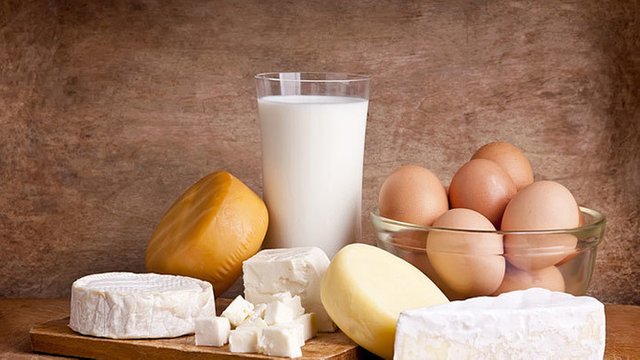
A vegan is someone who chooses not to use or exploit animals in anyway possible. The Vegan Society defines it as a way of living which seeks to exclude, as far as is possible and practicable, all forms of exploitation of, and cruelty to, animals for food, clothing or any other purpose. Veganism is NOT a diet, but rather a compassionate lifestyle choice, but because a big part of that lifestyle involves not consuming animal products, a lot of people confuse it with just another way of eating (or another fad diet).
A plant-based diet is a way of eating that excludes all animal products, mainly focussing on whole plant-based foods. A lot of people will follow a plant-based diet to overcome health issues or lose weight.
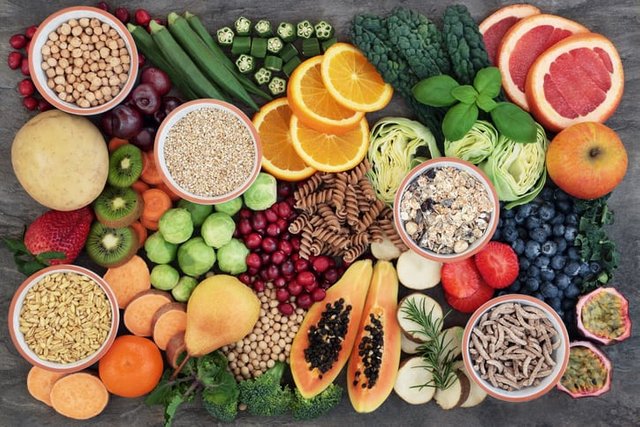
Let’s start with the obvious difference between a vegetarian and a vegan. A vegetarian will still consume eggs and dairy, while a vegan will not consume any animal products at all. As I mentioned earlier, it’s funny that Google defines it as ‘healthy’ and ‘moral’, because it is anything but!
So why are eggs and dairy not good for us? Eggs are extremely high in cholesterol, which is the leading cause of plaque build up in the arteries. In fact, research has shown that consuming egg yolks is just as bad as smoking when it comes to carotid plaque in the arteries, which is a known risk factor for stroke and heart attack. They are so unhealthy that by law, egg companies are not allowed to use the word ‘healthy’, ‘nutritious’ or anything else health promoting when advertising their product. Dr. Michael Greger has some great videos explaining the research that supports this and I highly encourage you to check it out.
But what about dairy? Don’t we need dairy for calcium and protein to build strong bones? Wrong. Research has shown that the animal protein in dairy may actually promote bone loss, and those countries who consume the highest amounts of dairy coincidently also have the highest rates of osteoporosis. Dairy is also very high in saturated fat which is a known link to heart disease, and recent scientific studies have suggested that dairy may be linked to increased risk for prostate cancer, testicular cancer, and possibly for ovarian and breast cancers. So if you are following a vegetarian diet in the hopes of improving your health, I would think again! Take the next step and eliminate both eggs and dairy from your diet - Your health and waistline will thank you for it!
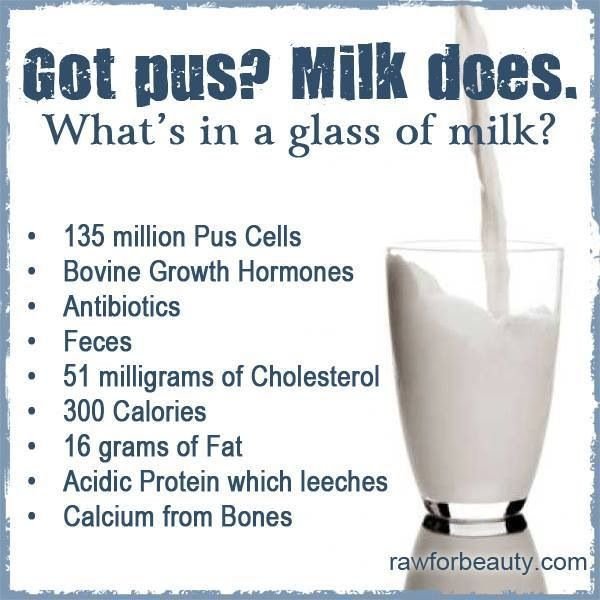
But what if you don’t care about your health? What if you went vegetarian for ethical reasons? Surely eating eggs and drinking milk doesn’t hurt the animals? Wrong again. Egg and dairy industries are perhaps the worst when it comes to animal abuse and exploitation.
In the egg industry chickens will typically live up to two years of absolute misery (their normal lifespan is about 7-8 years). They are born in large incubators and will never see their mother. Shortly after hatching, the males and females are ‘sorted’. The females will go on to live a life of misery like their mothers before them, while the male chicks are either tossed in trash bags to suffocate or ground up alive. This is because they can’t lay eggs, which makes them unprofitable to the egg industry. The female chicks will then have the ends of their beaks cut off with a hot blade, and will live out the rest of their lives in a tiny wired battery cage where they can barely move or spread their wings. The cages are usually stacked on top of each other, which means the chickens in the lower cages will become covered in urine and faeces. The living conditions are so terrible that a lot of the chickens will often die in their cages, and sometimes be left to rot (with other living birds sharing the same cage). Those that have survived after 2 years will be sent to slaughter, where they will be shackled and hung upside down, electrocuted, throat slit, and often scalded to death. But what about free range? Free-range chickens aren’t kept in cages, but they can still be crammed by the thousands into dark, filthy sheds. No matter whether it is cage or free range, the male chicks are still killed after birth, and all the birds meet the same fate at the slaughterhouse. But what about eggs from backyard chickens? One Green Planet have an excellent article explaining the problems with backyard eggs (http://www.onegreenplanet.org/animalsandnature/major-problems-with-backyard-eggs). No matter where the eggs come from, they are not healthy for us to consume (as mentioned above). They are not healthy or ethical by any standard.
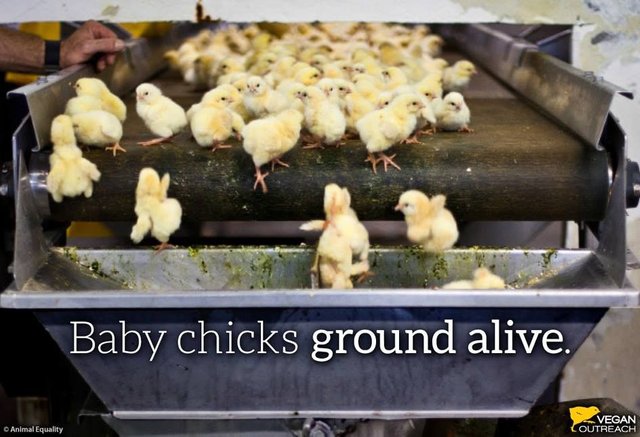
The dairy industry is arguably one of the worse when it comes to animal abuse and exploitation. In order for these cows to produce milk they must be pregnant, so farmers forcibly impregnate them (rape them) using artificial insemination. Generally within a day of birth, the calves are torn away from their mothers. This can cause extreme distress and the mother cows can often be heard crying and calling out for their calves for days. The male calves will be crammed into small veal crates or feedlots to await slaughter for ‘veal’. They are just a ‘byproduct’ of the dairy industry. Female calves will sadly have the same sad fate as their mothers. The mother cows are hooked up to milking machines (usually 2 or more times a day), and the milk that was meant for their calves is taken away from them for humans to consume. Cows are forced to produce much more milk than they naturally should. This is due to artificial insemination, milking regimens, and drugs that increase the amount of milk they produce. A cow’s natural lifespan is about 20 years, but because their bodies are so spent and worn out from constantly producing milk, they are typically killed after five years when they are no longer ‘profitable’. Dairy cows will eventually meet their fate at the slaughterhouse and will be used for low grade beef and pet food (because they are so ‘spent’ they can’t be used for anything else).
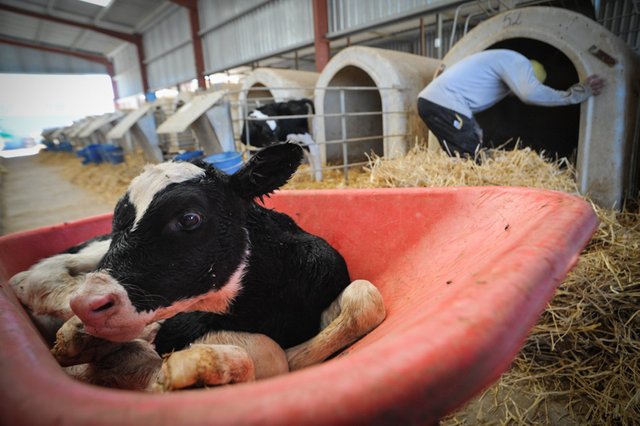
So now you know the difference between a vegetarian and a vegan (and why veganism is a more superior lifestyle for health and ethics). But what about a plant-based diet? As with veganism, it excludes all animal products (including egg and dairy). Are they not the same? This is a very grey area, so I can understand why some people may get these confused.
My own personal story can help explain this difference. I first went ‘plant-based’ just over 5 years ago, mainly because I had some health issues I was trying to overcome. I told everyone I was following a ‘vegan’ diet, but I wasn’t. I wasn’t doing it for the animals, I was doing it for myself. It wasn’t until a month later I watched the documentary ‘Earthlings’ that I became vegan. Did you see what I did there? While vegan’s will consume a ‘plant-based’ diet, that is only one facet of this compassionate lifestyle. It is not just about the diet, but a way of living that seeks to exclude ALL forms of animal exploitation (including clothing, entertainment, testing etc). A lot of people will claim that they are going on a vegan ‘diet’ to lose weight or become healthier, but will occasionally eat animal products (as a ‘cheat’ meal) or stop the diet altogether and go back to eating animal products. That is NOT veganism, it is a plant-based diet. Understandably this can make a lot of vegans angry and frustrated, because it gives veganism a bad name as they people do not represent vegan appropriately (they make it look like a fad diet).
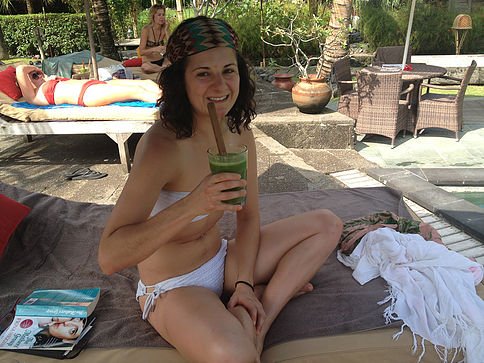
Another big difference between the two is that a vegan ‘diet’ is not necessarily healthy. Vegan’s can eat their fair share of processed junk food, as their diet only has to exclude animal products. A plant-based diet, however, mainly focusses on consuming whole plant-based foods with minimal processed foods such as refined sugar and oil. This is where there is a grey area. I am vegan, first and foremost for the animals and the planet, however, I mainly focus on consuming a healthy diet based on whole-foods and minimal junk. As a health and lifestyle coach I promote a plant-based diet, as I want my readers and clients to improve their health, and you don’t need to be vegan to do that. Health is what attracted me to a plant-based diet, and that eventually prompted me to learn more about the horrors of animal agriculture and other industries that abuse and exploit animals.

So you’re vegan? Awesome!! You’re not contributing to animal suffering or the destruction of our environment. I understand that some people only go vegan for the animals and don’t really care about their own health. They want to put the animals first above all else, and that’s absolutely fine, as veganism is all about ending animal suffering. But maybe you don’t feel so good? Maybe you’ve gained weight or are struggling to keep weight on? Maybe your health issues are impacting your everyday life and your ability to be an advocate for the vegan lifestyle? This is where following a balanced health promoting plant-based diet will be beneficial for most vegans.
So why not have both? :)
As vegans, we naturally want more people to transition to this lifestyle, as it ultimately results in less animal suffering and exploitation. One way to effectively advocate for veganism is by being a healthy example of this lifestyle, which means you have to take good care of yourself! Focus on a healthy plant-based diet that fills up any nutritional gaps you may have and makes you feel your best both physically and mentally. Become a thriving healthy vegan and inspire those around you! Increase your energy levels and become a more productive advocate for the movement! And don’t worry… you can still have your vegan junk food, just not as an everyday staple!! ;)
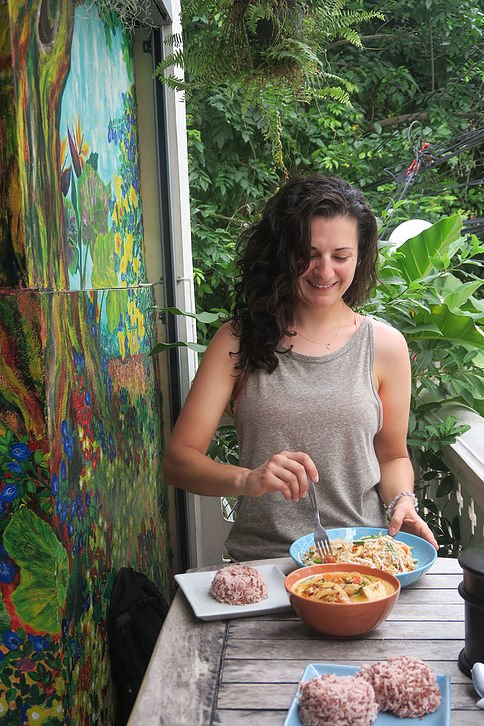
I hope this article has helped you gain an understanding of the difference between a vegetarian, vegan (lifestyle) and plant-based diet. As mentioned above, I’m an advocate for veganism but also strongly promote a healthy plant-based diet as I believe it’s an important step in becoming a healthy, happy and thriving individual, which can only benefit the movement itself!
What are your thoughts? Let me know in the comments! :)
If you’re struggling to transition to a plant-based diet, OR you are vegan and wanting to improve your overall health and wellbeing, please check out my health coaching services or grab a copy of my ebook (http://nourishbynicole.com). If you enjoyed reading this article please subscribe for future blog posts !
Cheers
Never felt better moving to a plant based vegan lifeatyle. Not diet as diets don't work need to be a lifestyle change
Downvoting a post can decrease pending rewards and make it less visible. Common reasons:
Submit
Congratulations @nicolemitsi! You received a personal award!
Click here to view your Board
Do not miss the last post from @steemitboard:
Downvoting a post can decrease pending rewards and make it less visible. Common reasons:
Submit
Congratulations @nicolemitsi! You received a personal award!
You can view your badges on your Steem Board and compare to others on the Steem Ranking
Vote for @Steemitboard as a witness to get one more award and increased upvotes!
Downvoting a post can decrease pending rewards and make it less visible. Common reasons:
Submit